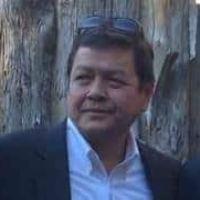Marysville Misdemeanor Lawyer, California
Sponsored Law Firm
-
 x
x

Click For More Info:
-
Magid Law
112 Main Street Weaverville, CA 96093» view mapCriminal Defense Law Experienced, Aggressive Criminal Defense
Hiring a criminal defense attorney is one of the most important decisions you will ever make. Don’t be a victim of the system. Choose Benjamin Magid as your attorney.
800-761-7580
Richard Thomas Dudek
✓ VERIFIEDCriminal, Felony, Misdemeanor, White Collar Crime, DUI-DWI
Certified Criminal Law Specialist
Richard Dudek knows the Sacramento courts, procedures and prosecutors. Our highly skilled defense team includes licensed private investigators who use... (more)
Joseph Patrick Hougnon
DUI-DWI, Personal Injury, Felony, Misdemeanor
Status: In Good Standing Licensed: 28 Years
FREE CONSULTATION
CONTACTJames Murray Warden
Military & Veterans Appeals, Misdemeanor, Felony, Criminal
Status: In Good Standing Licensed: 36 Years
FREE CONSULTATION
CONTACTFREE CONSULTATION
CONTACT Benjamin Magid Weaverville, CA
Benjamin Magid Weaverville, CA Practice AreasExpertise
Practice AreasExpertise

